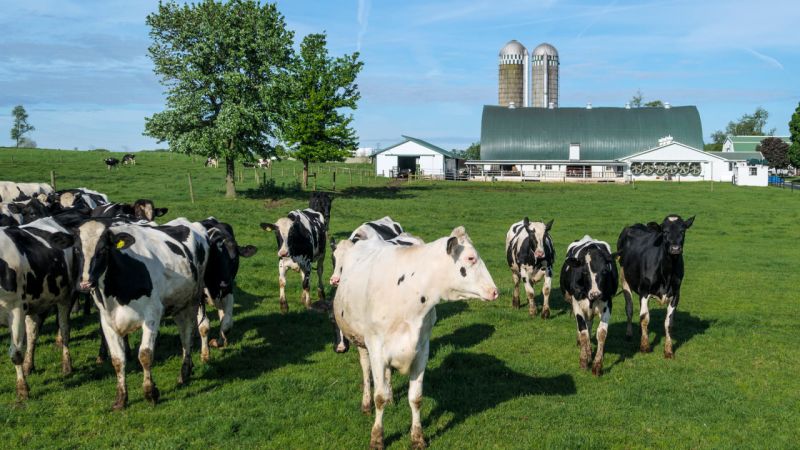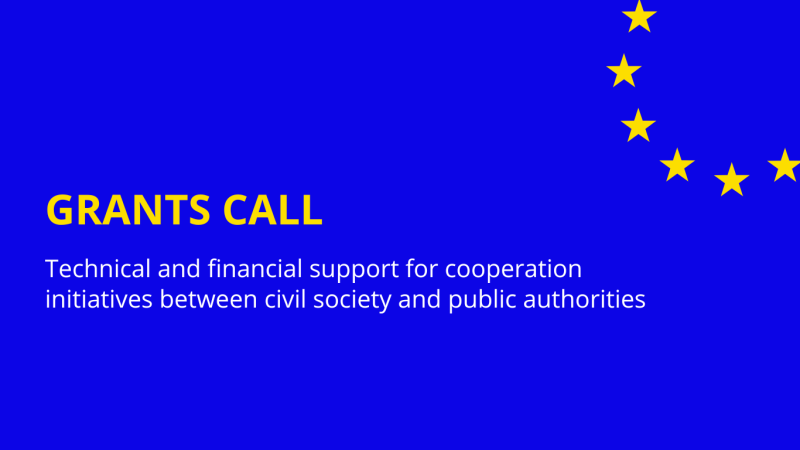
EUBAM exercise ‘Solidarity Lanes’ supports the swift cargo flow of the Ukrainian goods
The ongoing EUBAM exercise is reviewing the clearance of cargo trucks exporting Ukrainian agricultural goods at the border crossing points along the Moldova-Ukrainian border for a smoother cargo flow.
Russia’s war of aggression against Ukraine and its blockade of Ukrainian ports disrupted the supply chains and trade routes. In July, agreements were reached for ensuring safe shipping grain, food products and fertilisers from the Ukrainian seaports. To also secure alternative routes for transport, earlier in May the European Commission set out an action plan to establish ‘Solidarity Lanes’ to transport agricultural goods through road and rail along the Moldova-Ukrainian border.

“By evaluating the capacity of the busiest points, we can, together with our partners, identify challenges and better manage the increased border traffic both in the short and long term. It is essential to optimise the logistic chains and avoid, as much as possible, overloading the border crossings,” explains Slawomir Pichor, the Head of the European Union Border Assistance Mission to Moldova and Ukraine.
During the 10-day exercise, EUBAM experts, in cooperation with the Customs Service of the Republic of Moldova, the State Customs Service of Ukraine, the Moldovan National Agency for Food Safety, as well as other agencies, monitor both entry and exit from Ukraine/Moldova, the clearance of trucks with Ukraine’s agricultural goods transiting through Moldovan customs territory.
“We advise on actions to be taken and share the experiences of the EU member states’ solutions to similar situations,” Pichor stresses. The results of the exercise will be available for the respective agencies in September.
Established in 2005, EUBAM promotes border control, customs and trade norms and practices that meet European Union standards and serves the needs of its two partner countries, the Republic of Moldova and Ukraine.








